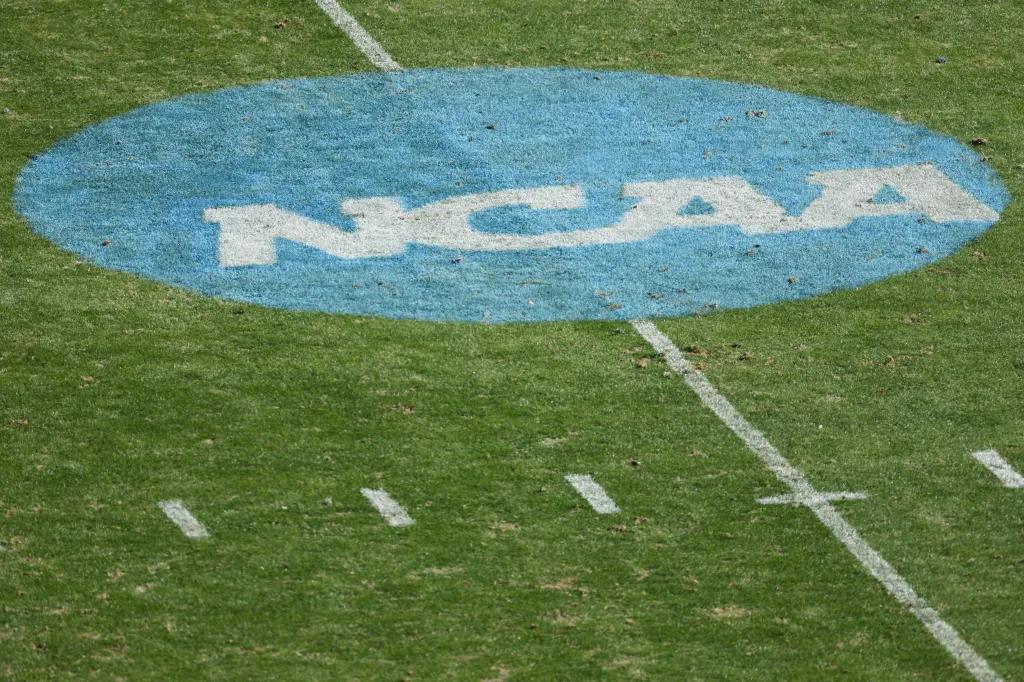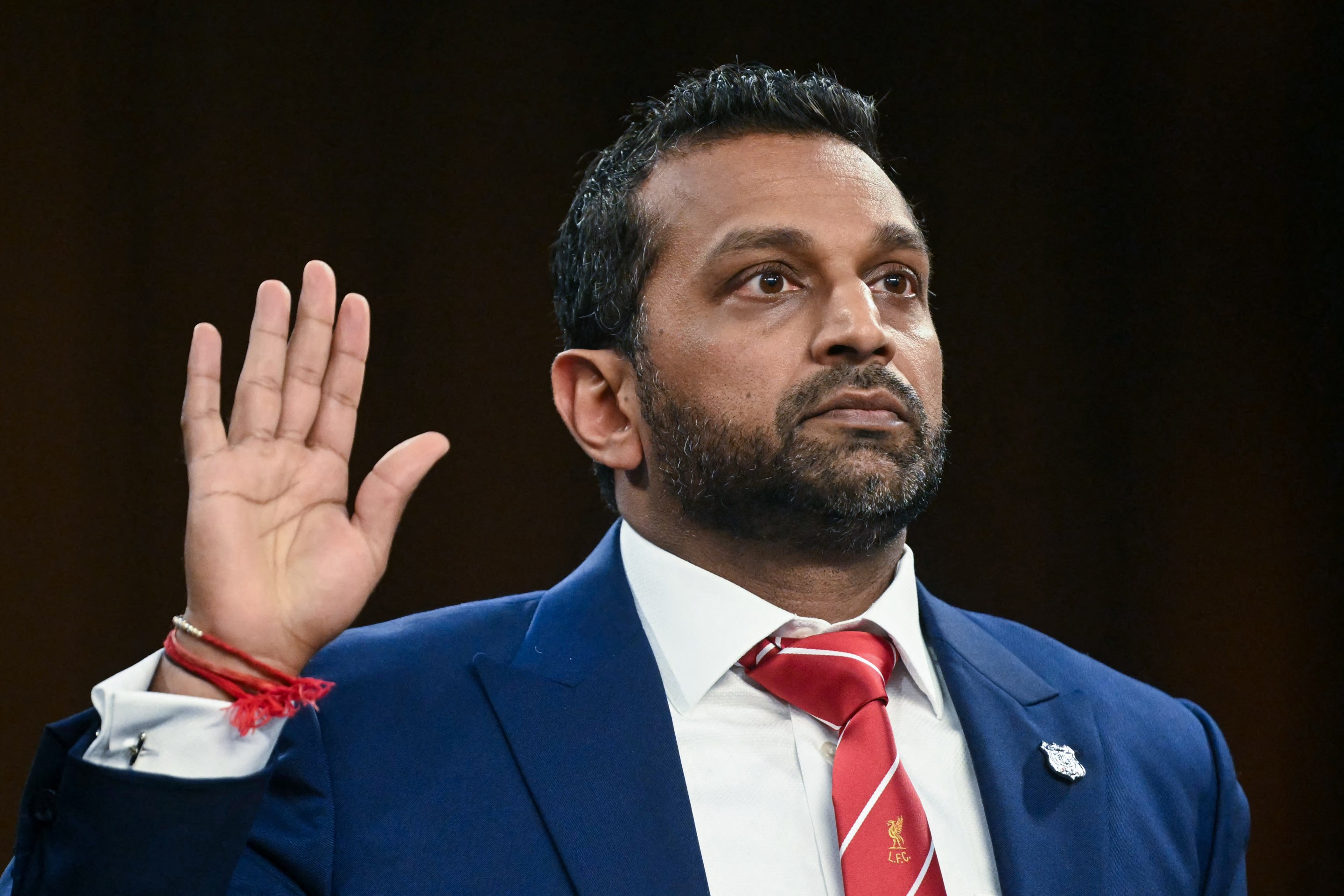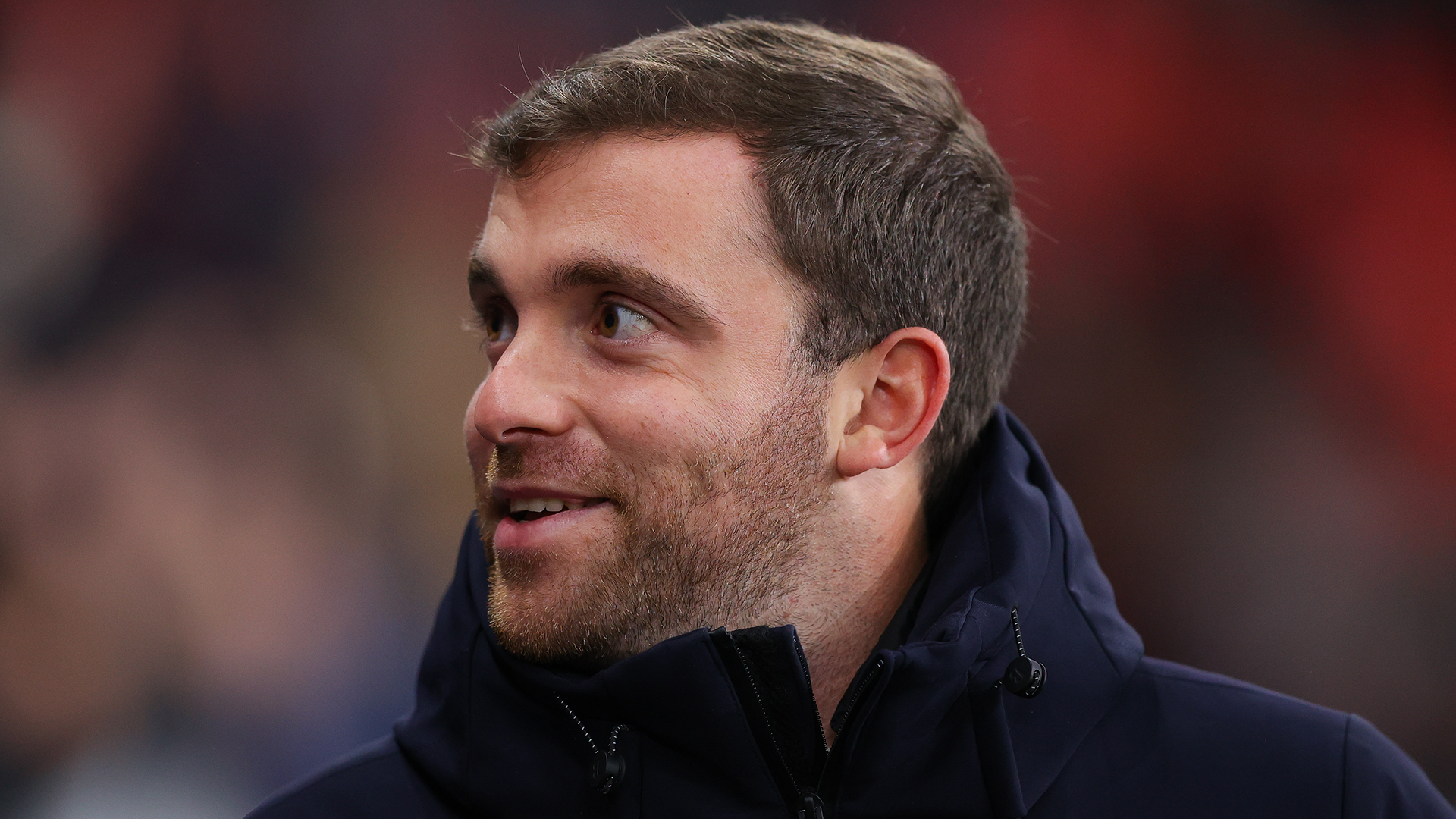The attorneys general of Virginia and Tennessee have filed a federal lawsuit against the NCAA over its Name, Image, and Likeness (NIL) rules. The lawsuit, filed in the Eastern District of Tennessee, cites the NCAA's various rules on NIL as antitrust violations, and both states seek to challenge their validity.
The lawsuit (which can be read in its entirety at the bottom of this post) was spurred by the NCAA's new attempts to prevent prospective college athletes from negotiating with NIL collectives before they've officially enrolled at a school. Florida State recently got hit with a set of violations after the NCAA determined that an assistant coach had violated the new rules by putting a transfer prospect in touch with a booster in order to negotiate an NIL deal.
The lawsuit argues that in a post-Alston world, such interventions by the NCAA are violations of both the Sherman Act and Tennessee state law, and illegally seek to suppress the earning power of prospective athletes. From the suit:
After allowing NIL licensing to emerge nationwide, the NCAA is trying to stop that market from functioning. This month, it announced new proposals related to "student-athlete protections in NIL." These "protections" allow current athletes to pursue NIL compensation. But it bans prospective college athletes (including current college athletes looking to transfer to another school who are in the 'transfer portal') from discussing potential NIL opportunities before they actually enroll. It’s like a coach looking for a new job, and freely talking to many different schools, but being unable to negotiate salary until after he’s picked one.
This comes just a day after the chancellor at the University of Tennessee, Donde Plowman, wrote a scathing letter to the president of the NCAA over its investigation into the school for recruitment violations related to NIL. "Two and a half years of vague and contradictory NCAA memos, emails and 'guidance' about name, image and likeness (NIL) has created extraordinary chaos that student-athletes and institutions are struggling to navigate," she wrote. "In short, the NCAA is failing.”
The NCAA levied a series of allegations against the university's NIL collective, Spyre Sports Group, labeling them as repeat offenders following a similar 2023 sanction that featured 18 "Level 1" infractions and an $8 million fine. In Plowman's letter, she calls the allegations "factually untrue and procedurally flawed," writing, "It is intellectually dishonest for the NCAA enforcement staff to pursue infractions cases as if student-athletes have no NIL rights and as if institutions all have been functioning post-Alston with a clear and unchanging set of rules and willfully violating them." Though Florida State chose to accept its punishment from the NCAA, likely in order to get the whole ordeal over with quickly, Plowman's letter and this lawsuit show that patience with the NCAA's lack of clarity about NIL is growing increasingly short.
The NCAA is also facing a major civil case, backed by the Department of Justice, which argues that the organization's rules on transfer eligibility account for an antitrust violation. There's also a major class-action lawsuit from a number of former athletes seeking damages from being unable to earn NIL revenue for the time period between 2016 and 2020. All of this speaks to the increasingly untenable situation the NCAA backed itself into when it responded to the Alston ruling by permitting NIL payments. The organization is now in a place where it is desperate to regain some of the control it once had, but each undercooked attempt to do so opens it up to more lawsuits that, taken together, make a convincing case that the NCAA no longer has any real power or reason to exist.






